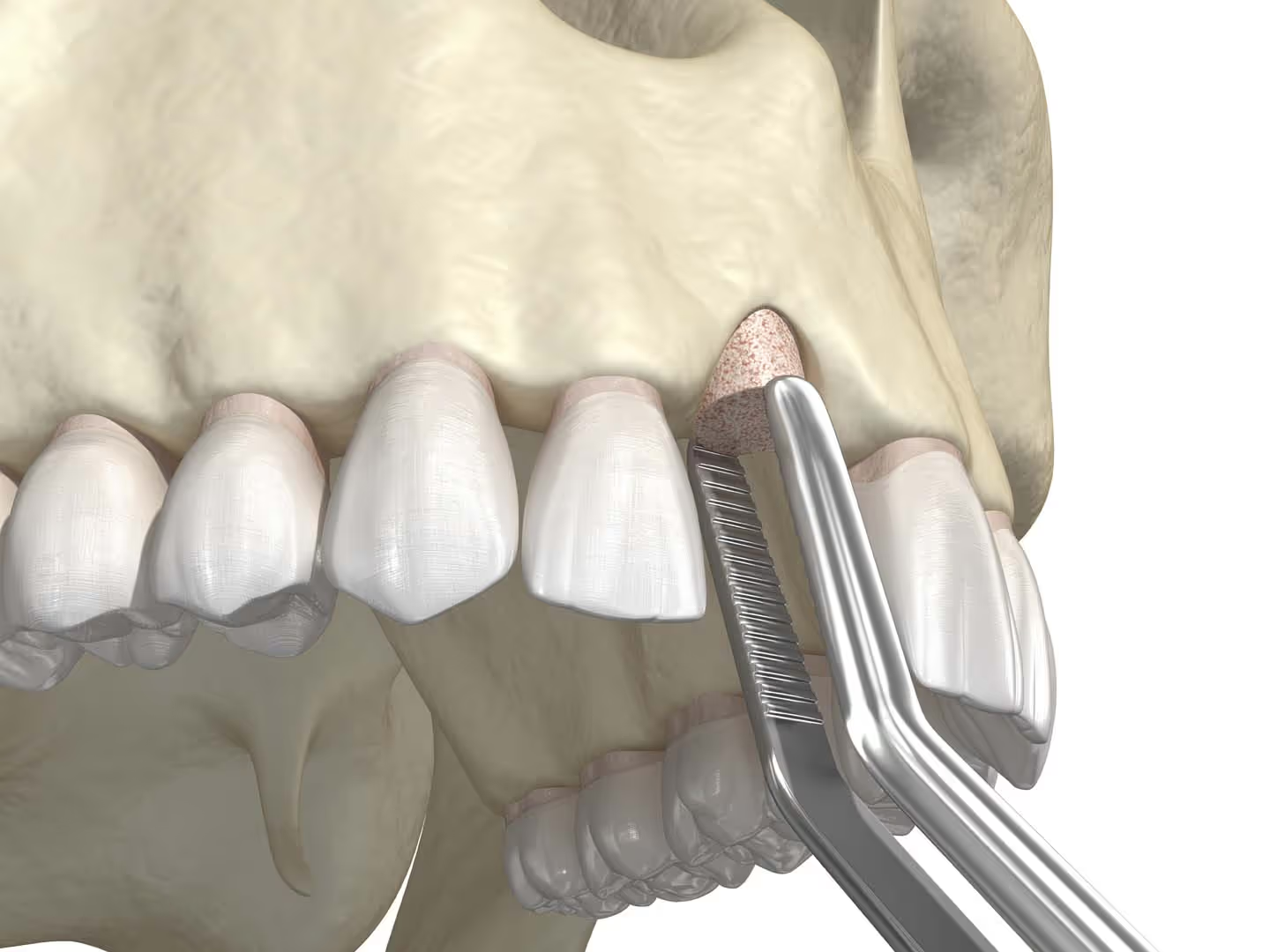Bone Grafting in Pasadena, CA
Rebuild Lost Bone and Restore the Foundation for a Healthy Smile
Missing teeth, gum disease, and long-term denture use can all lead to bone loss in the jaw. At Angha Perio, we offer advanced bone grafting procedures to rebuild and preserve the bone structure necessary for successful dental implants and long-term oral health. Whether you're planning for a future implant or simply want to prevent further deterioration, Dr. Sarvenaz Angha provides expert, minimally invasive grafting in a calm, supportive environment.


What Is Bone Grafting?
Bone grafting is a surgical procedure that replaces or regenerates lost jawbone using natural or biocompatible materials. Over time, the graft integrates with your existing bone, creating a strong, healthy foundation for:
- Dental implants
- All-on-4 full arch restorations
- Preventing further bone collapse and facial volume loss
- Restoring function and preserving long-term gum health
We customize the grafting material and technique based on your specific anatomy and treatment goals, whether you're preparing for an implant now or planning ahead.
When Is Bone Grafting Needed?
Bone loss often occurs quietly over time, especially after tooth loss. You may need a bone graft if:
- You’ve been missing a tooth for more than a few months
- You're planning an implant but lack sufficient jawbone
- You're replacing a tooth that was removed years ago
- You've experienced bone loss from periodontal disease
- You want to maintain bone volume after tooth extraction
If we’re planning an implant, Dr. Angha will use 3D imaging to assess your jaw and determine whether grafting is necessary as a standalone procedure or at the time of implant placement.
Types of Bone Grafting We Perform
At Angha Perio, we offer several types of bone grafting procedures, including:
- Socket preservation – Grafting done at the time of tooth extraction to prevent bone collapse
- Ridge augmentation – Rebuilding lost horizontal or vertical bone in the jaw ridge for better implant placement
- Particulate grafts – Used for small defects or around implants
- Guided bone regeneration (GBR) – A technique that uses membranes to promote bone growth where it’s needed
For upper jaw implants, we may also recommend a sinus lift if there is insufficient height beneath the sinus cavity.
Comfortable, Compassionate Care
Bone grafting may sound intimidating, but it doesn’t have to be. Dr. Angha offers:
- Gentle, precise surgical technique backed by over 15 years of experience
- Advanced healing strategies and biocompatible graft materials
- Optional oral conscious sedation for a stress-free experience
- A clean, calm, non-rushed environment where your comfort comes first
Post-op care is personalized, and recovery is typically smooth. We’ll guide you with complete aftercare instructions and follow-up to ensure optimal healing.
Whole-Body Support for Healing
We believe bone health doesn’t stop at the jaw. Many of our patients benefit from nutritional counselling to support their body’s healing response before and after grafting procedures.
Related Services You May Benefit From
Frequently Asked Questions
Is bone grafting painful?
No. The area is completely numbed, and sedation is available if desired. Mild soreness is normal but typically resolves in a few days with proper care.
How long does it take for a bone graft to heal?
Initial healing takes a few weeks, but full integration of the grafted bone may take 6-9 months, depending on the size and type of graft.
Can a bone graft and implant be done at the same time?
In many cases, yes. When possible, we combine grafting with implant placement to reduce treatment time and improve outcomes.
Will my insurance cover bone grafting?
Many PPO dental plans cover bone grafting when medically necessary—especially in preparation for implants. Our team will help you understand your benefits.
Lorem ipsum dolor sit amet, consectetur adipiscing elit.
The rich text element allows you to create and format headings, paragraphs, blockquotes, images, and video all in one place instead of having to add and format them individually. Just double-click and easily create content.
Rebuild with Confidence. Restore with Purpose.
Bone grafting is more than a surgical step—it’s the foundation for a strong, confident, and lasting smile. We’re here to make the process simple, safe, and successful.




